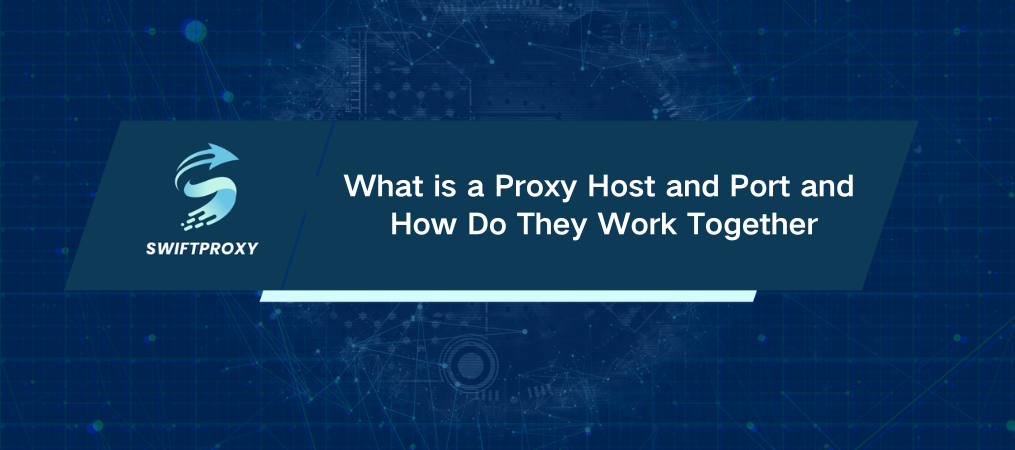What is a Proxy Host and Port and How Do They Work Together

Want to supercharge your network's performance and security? By understanding how the proxy host and port work together, you can significantly enhance both the efficiency and security of your network. What is Proxy Host and Port? These two critical components are essential to how data flows across the internet, and they play a major role in optimizing and securing your connections. Let's explore what they are, how they function, and why they're crucial to keeping your network fast and safe.
What is a Proxy Host
A proxy host is a server that acts as an intermediary between you (the client) and the server you want to reach on the internet. Think of it like a trusted middleman that takes your request, forwards it to the right server, and then returns the server’s response back to you.
What's the real benefit? Speed and security. A proxy host can cache requested content, so when someone else asks for the same thing, it can be delivered faster without bothering the target server. It's like having a shortcut to commonly accessed information. But that's not all. Proxies also filter out unwanted content—like malware, ads, and inappropriate material—ensuring your browsing experience is cleaner and safer.
But the proxy doesn't stop there. It can mask your real IP address, which adds a layer of anonymity to your online activities. Plus, proxies distribute requests across multiple servers to prevent any one server from getting overwhelmed, leading to smoother performance. Ultimately, proxy hosts improve network efficiency and help secure your data.
What is a Port
A port is a logical endpoint for communication within a server. It's like a door or an entryway that allows different services or applications to interact with each other over a network. Every network service runs through a specific port number. For example, web traffic usually uses port 80 (HTTP), while secure web traffic uses port 443 (HTTPS).
A server can manage multiple ports at once, allowing different services to operate simultaneously. So, while you're browsing a website, downloading a file, or sending an email, each service is communicating over its own dedicated port.
Ports also play a crucial role in security. By restricting access to certain ports, you can block unauthorized services and reduce the risk of cyberattacks. For example, closing ports that aren't in use or aren't necessary can prevent hackers from exploiting vulnerabilities.
How Proxy Hosts and Ports Work Together
In practical terms, the proxy host and port work in tandem to ensure that data flows efficiently and securely. When you send a request to access a website, it first goes through a proxy server, which listens on a specific port. The proxy then forwards your request to the target server, which also uses a particular port to handle the request.
By using proxies and managing ports effectively, you can optimize your network's performance, reduce latency, and enhance security. It's a winning combination for anyone looking to improve their network's efficiency and protect sensitive data.
Final Thoughts
By understanding what a proxy host and port are, and how they work together, you can fine-tune your network for maximum performance and security. They might seem like technical details, but trust me—they're key to building a fast, secure network.

















































